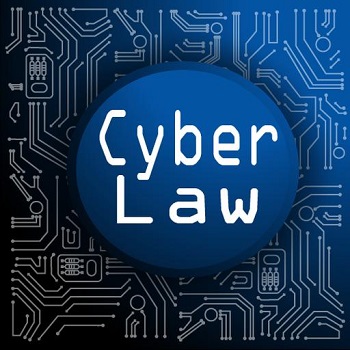Securing Trade Secrets in the Quantum Computing Era

Securing Trade Secrets in the Quantum Computing Era
The Quantum Leap in Computing
Quantum computing represents a transformative leap in computational power, promising advancements that could reshape industries. However, with this quantum leap comes a new set of challenges, particularly in the realm of safeguarding trade secrets. Let’s explore the intersection of quantum computing and trade secrets, understanding the risks and strategies for protection.
Trade Secrets in the Digital Age
In the digital age, trade secrets are more valuable than ever, serving as a cornerstone of competitive advantage for businesses. From proprietary algorithms to manufacturing processes, trade secrets are the lifeblood of innovation and market leadership. As quantum computing capabilities grow, the vulnerabilities of traditional encryption methods raise concerns about safeguarding these vital secrets.
Quantum Computing’s Threat to Encryption
The power of quantum computing lies in its ability to solve complex problems exponentially faster than classical computers. One such problem is the factorization of large numbers, the very foundation of widely-used encryption algorithms. As quantum computers evolve, the risk of decrypting encrypted information increases, posing a direct threat to the confidentiality of trade secrets.
Post-Quantum Cryptography Solutions
To address the vulnerabilities posed by quantum computing, businesses must embrace post-quantum cryptography. These are cryptographic algorithms specifically designed to resist the computational capabilities of quantum computers. Exploring the landscape of post-quantum cryptography becomes imperative for organizations seeking to future-proof their trade secret protection strategies.
Legal Frameworks and Trade Secret Protection
In the face of quantum computing advancements, legal frameworks play a crucial role in trade secret protection. Understanding the existing intellectual property laws and trade secret regulations is essential for businesses aiming to navigate the evolving landscape. This includes evaluating the adequacy of current legal protections and advocating for legislative updates that align with the quantum era.
Enhancing Cybersecurity Measures
Trade secret protection goes hand-in-hand with robust cybersecurity measures. As quantum computing introduces new risks, organizations must fortify their cybersecurity infrastructure. This involves implementing advanced intrusion detection systems, securing network communication, and ensuring that data storage practices align with the heightened security demands of the quantum era.
Quantum-Safe Communication Protocols
In addition to cryptography, securing trade secrets requires the adoption of quantum-safe communication protocols. These protocols ensure that sensitive information remains confidential during transmission, even in a quantum computing environment. Businesses need to explore and integrate quantum-resistant communication solutions to safeguard trade secrets at every stage of their lifecycle.
Educating Stakeholders on Quantum Risks
Ensuring trade secret protection involves not only technological measures but also educating stakeholders. From employees to partners, creating awareness about the risks posed by quantum computing is vital. Training programs on secure practices in the quantum era contribute to building a culture of vigilance and proactive protection against potential threats.
Trade Secret Protection Resource
For comprehensive insights into safeguarding trade secrets in the quantum computing era, Quantum computing and trade secrets serves as a valuable resource. This platform provides updates on quantum computing developments, legal considerations, and strategies for enhancing trade secret protection. Stay informed to stay ahead in the evolving landscape of intellectual property security.
Looking Ahead: Adapting to Quantum Realities
As quantum computing continues to advance, the imperative to adapt trade secret protection strategies becomes more urgent. Organizations must proactively embrace quantum-resistant technologies, stay vigilant on legal developments, and foster a culture of cybersecurity awareness. Navigating the quantum realities requires a holistic approach that combines technology, law, and education.
Conclusion: A Quantum-Safe Future
Securing trade secrets in the quantum computing era demands a forward-thinking and multidimensional approach. Businesses that invest in post-quantum cryptography, stay abreast of legal frameworks, fortify cybersecurity measures, and educate their stakeholders are better positioned to protect their invaluable trade secrets in this era of unprecedented technological advancement. As the quantum landscape unfolds, strategic and proactive measures will be the key to a quantum-safe future for trade secrets.






